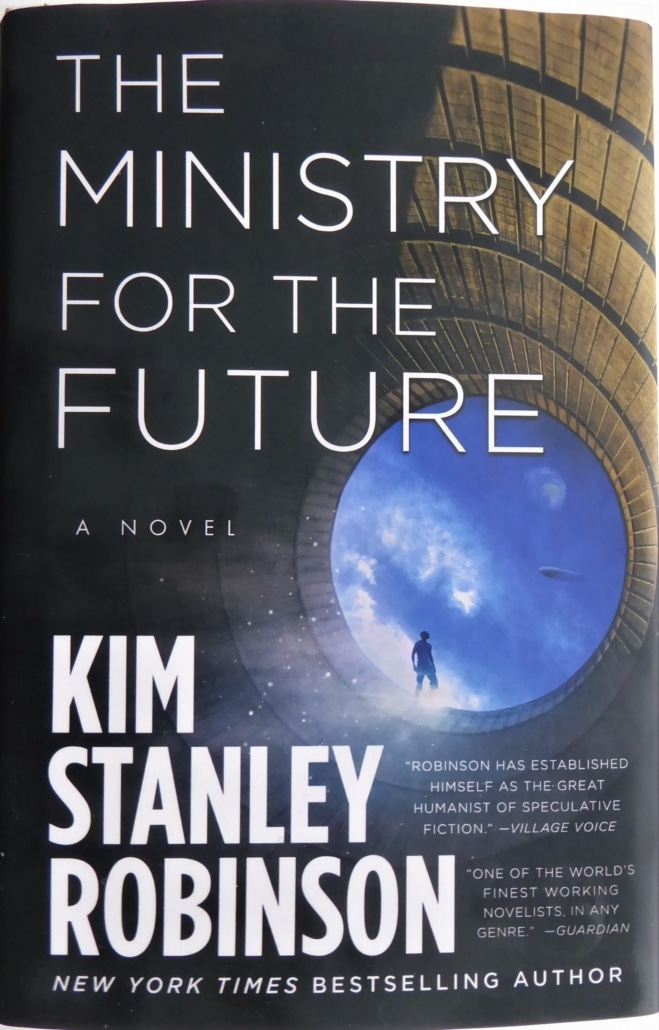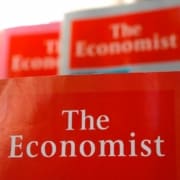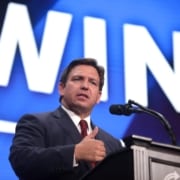Compliance Officers as “Ministers for the Future”

In The Ministry for the Future, science-fiction writer Kim Stanley Robinson draws a truly harrowing picture of the cataclysmic harm that climate change could inflict on our planet in the not-so-distant future. His tale is also about how a newly conceived United Nations ministry might try to save the day. The ministry is tasked with advocating “for the world’s future generations of citizens, whose rights, as defined in the Universal Declaration of Human Rights, are as valid as our own…”
Might compliance and ethics (C&E) officers play a part in advocating for the future?
I should stress that I’m not arguing that C&E officers in companies and other organizations should become professional futurologists. That would be impractical and undesirable for various reasons. But there is a role for C&E officers to ensure that their company advocates for future generations. That role begins with consideration of moral hazard.
Notwithstanding its name, the concept of moral hazard originally had little to do with morality. Rather, it referred to the phenomenon that providing insurance tended to promote risky behavior by insured parties. Moral hazard has since been applied to a wide range of circumstances where incentives encourage unduly risky conduct by shifting the impact of a bad decision to a party other than the decision-maker. Much of the debate over COVID-19 has involved moral hazard issues.
Moral hazard is not the same as conflicts of interest (COIs) or corruption. COIs and corruption generally require a breach of a duty of loyalty, whereas moral hazard does not. But they all involve conflicting interests having an adverse effect on ethical decision-making and are close enough to each other to be considered “cousins.”
Subscribe to the Ethical Systems newsletter
Of course, the mother of all moral hazards is climate change. What’s more, the field of Environmental, Social, and Corporate Governance is built, in part, on moral hazard considerations. But there are many other situations where the future generations need to be protected. And advocating for such interests is a good role for C&E officers, in part because of their experience in dealing with COI and corruption.
For this reason, it makes sense to consider that the C&E officer’s role regarding the rights of future generations could be to:
- Identify the types or activities at their organization that could cause significant harm to future generations (i.e., a form of risk assessment). This is a function both of the inherent riskiness of the activities in question and also the lack of advocacy for future generations.
- Identify or propose appropriate mitigation measures. This would include some degree of setting standards and delivering training/communications, among other things.
- Report to appropriate parties in the company on the measures taken and to be taken.
This is, needless to say, very general and addressing the needs of the future effectively would mean different things for different organizations. But hopefully it is a nudge in the right direction.
Jeffrey M. Kaplan is a partner at Kaplan & Walker LLP and a member of the Ethical Systems steering committee.
Reprinted with permission from the Conflicts of Interest blog.
Lead image: miketransreal / Flickr







